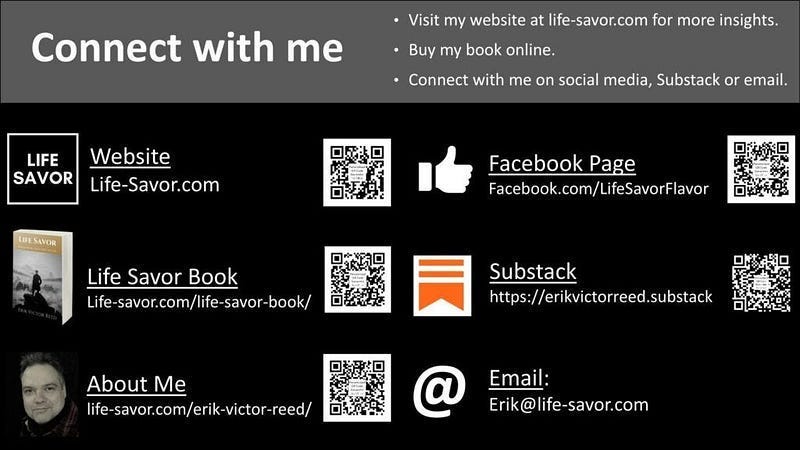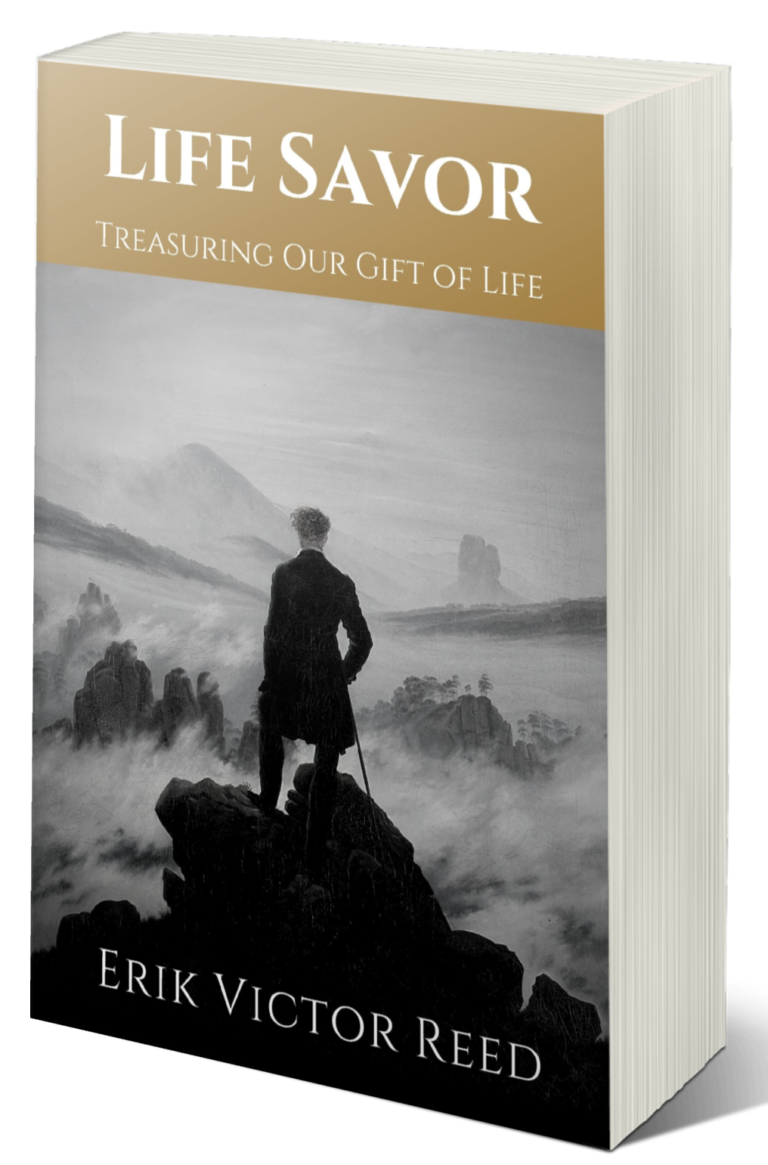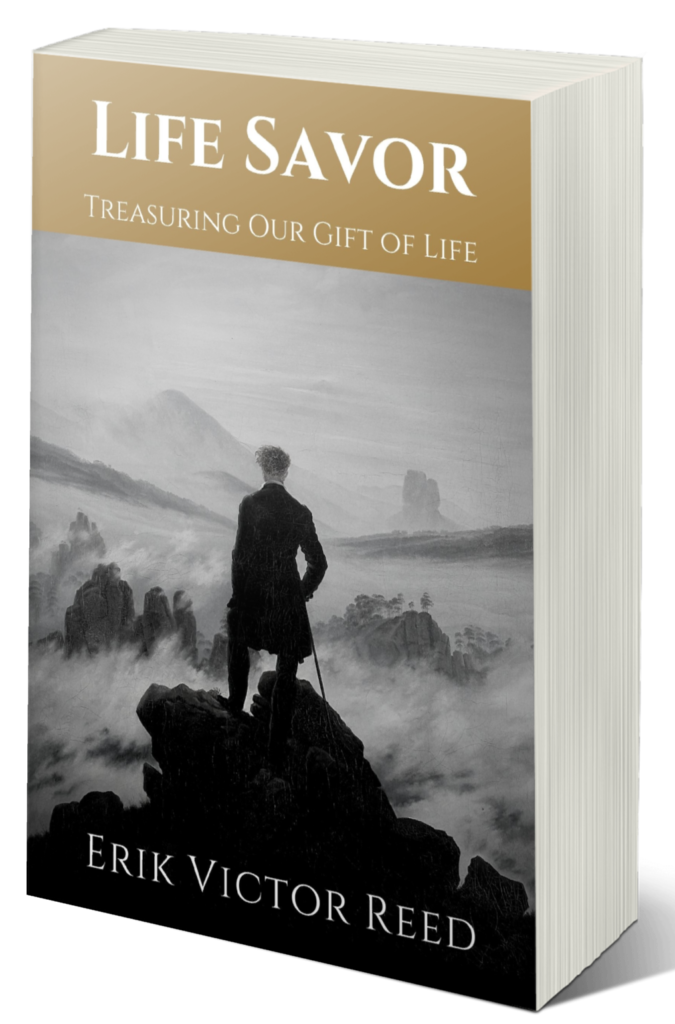Three Thinkers on Why Life Is Worth It
1. Nietzsche: Beauty as Redemption
“Only as an aesthetic phenomenon is the world justified.” — Friedrich Nietzsche
Nietzsche is often remembered for unsettling lines — the death of God, the will to power. But here he offers something luminous: that our ability to experience life aesthetically, as beautiful or meaningful, is what redeems it.
Think of what he means. The universe is vast, indifferent, sometimes cruel. To look at it only as machinery grinding toward entropy could be crushing. But when we stand before the sea at dawn, when music fills us with awe, when love pierces us with joy and fear at once — we sense justification. Not logical proof, but felt meaning.
Nietzsche isn’t offering a systematic answer to the “meaning of life.” He’s pointing to an experience: the moments when life feels worth living, not because of its utility, but because of its beauty.
In my own life, I’ve felt this while standing before mountains, or while listening to a symphony that seemed to echo the whole of human longing. In those moments, the absurdity of existence melted into wonder.
Reflection: What beauty has most recently justified life for you, not as an argument but as an undeniable experience?
2. Frankl: The “Why” That Sustains the “How”
“Those who have a ‘why’ to live, can bear almost any ‘how.’” — Viktor Frankl
Frankl knew suffering first-hand. As a prisoner in Auschwitz, he observed that survival often depended less on physical strength than on inner orientation. Those who had a “why” — a purpose, a person, a future they longed for — could endure suffering that would otherwise break them.
His insight reframes meaning as fuel. Life is not justified by comfort or success. It is justified by direction — by something beyond the present pain that gives us a reason to press forward.
We may not face concentration camps, but the same principle applies to our own struggles. Illness, loss, disappointment, monotony — all of these can be endured if they serve something greater. Raising a child, finishing a project, honoring a promise, living out your values: these give us the strength to face hardship.
Frankl didn’t argue that meaning erases suffering. He argued that meaning transforms it, makes it bearable, even redemptive. A “why” doesn’t cancel the “how,” but it gives us a reason to carry it.
Reflection: What “why” gives you strength to endure your own difficulties? If you don’t have one, what small step could you take to begin finding one?
3. Camus: The Summer Within
“In the depth of winter, I finally learned that within me there lay an invincible summer.” — Albert Camus
Camus, the philosopher of the absurd, is often read as a pessimist. He famously wrote that the only serious philosophical question is whether life is worth living. Yet lines like this one reveal that he, too, found resilience and beauty at the heart of existence.
For Camus, the “absurd” is the clash between our craving for meaning and the universe’s silence. Life doesn’t hand us a cosmic purpose. But that doesn’t make life meaningless. It makes meaning something we must cultivate from within.
The “invincible summer” is that stubborn flame of vitality that refuses to be extinguished, even when circumstances are bleak. It’s the ability to notice beauty in the midst of sorrow, to affirm life without needing the universe to justify it.
This is not denial. It is defiance. Camus calls us to live fully, to savor even in hardship, to treat existence as a gift that needs no cosmic permission slip.
Reflection: Where do you sense an “invincible summer” in yourself — a resilience, a spark of joy, that persists even when life is difficult?
A Thread Through All Three
Nietzsche points to beauty: aesthetic experience redeems life.
Frankl points to purpose: a “why” sustains us through hardship.
Camus points to resilience: meaning arises not from the cosmos but from our refusal to give up.
Together, these voices weave a triad of meaning that is both realistic and life-affirming. Meaning isn’t handed down. It is discovered, created, lived. It shows up in beauty that stuns us, in purposes that drive us, and in resilience that surprises us.
The cosmos may remain silent. But life itself, in its beauty, direction, and defiance, is loud with meaning.
Closing Thought
We don’t need a single answer to the “meaning of life.” We need a thousand lived answers to the meaning in our lives. Beauty, purpose, and resilience are three of them.
And perhaps that’s enough: to live in a way that, when we look back, we feel we did justice to the improbable gift of being here at all.
For more like this, visit the broader project at life-savor.com, or explore the Life Savor book itself.
To learn more about Life Savor’s philosophy,
read Life Savor: Treasuring Our Gift of Life by Erik Victor Reed.








